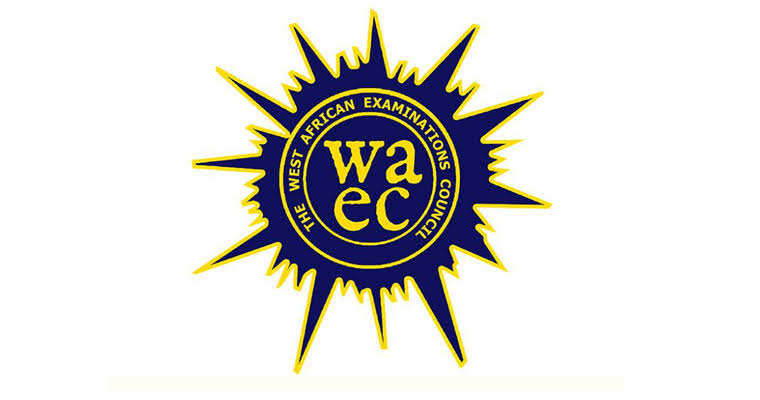The West African Examinations Council (WAEC) is a pivotal institution in Nigeria’s educational system, responsible for conducting the West African Senior School Certificate Examination (WASSCE). This examination is a critical milestone for secondary school students seeking to transition to tertiary education or enter the workforce. This article delves into WAEC’s purpose, significance, history, leadership, exam structure, and more, providing a complete guide for all students, parents, and educators.
What is WAEC?
The West African Examinations Council (WAEC) is a regional examination body established to conduct standardized tests for secondary school students across English-speaking West African countries, including Nigeria, Ghana, Sierra Leone, Liberia, and The Gambia. In Nigeria, WAEC administers the West African Senior School Certificate Examination (WASSCE), which assesses students’ academic performance at the end of their senior secondary education. The WASSCE is a prerequisite for admission into Nigerian universities, polytechnics, and colleges, and it also serves as a qualification for employment opportunities.
Types Of WAEC
WAEC conducts two main types of WASSCE, namely:
- May/June WASSCE: For school candidates (senior secondary students).
- November/December WASSCE: For private candidates (those not in the school system).
Why is WAEC Important?
WAEC plays a vital role in Nigeria’s education system for several reasons:
- Gateway to Higher Education: WASSCE results are a key requirement for admission into tertiary institutions, complementing exams like JAMB.
- Standardized Assessment: It ensures a uniform evaluation of students’ knowledge across West Africa, promoting fairness.
- Career Opportunities: A good WASSCE result is often required for job applications, especially in public and private sectors.
- Regional Recognition: WAEC certificates are recognized across West Africa and beyond, facilitating mobility for education and employment.
History of WAEC
WAEC was established in 1952 to address the need for a standardized examination system in British West African colonies. Before its formation, students relied on foreign examination boards, which were costly and inaccessible to many. WAEC’s creation centralized secondary school assessments, making them more affordable and relevant to the region’s educational needs. In Nigeria, WAEC began operations in 1953 and has since grown to become the country’s most authoritative examination body for secondary education.
Over the decades, WAEC has introduced innovations like online result checking and measures to curb examination malpractices, maintaining its credibility.
Past Registrars of WAEC
The leadership of WAEC has been instrumental in its development and integrity. Below are notable past and present heads of the Nigeria National Office (Head of National Office, equivalent to registrar):
- Dr. Adeyegbe O. Sodipo (1970s–1980s): Oversaw early expansion of WAEC’s operations in Nigeria.
- Mr. A. J. O. Ojerinde (1980s–1990s): Strengthened administrative processes during a period of growth.
- Dr. Iyi Uwadiae (2008–2018): Introduced technological advancements, including online result verification.
- Mr. Patrick Areghan (2018–2023): Enhanced anti-malpractice measures and digitalized operations.
- Dr. Amos Josiah Dangut (2023–present, as of 2025): Focuses on improving examination security and accessibility.
These leaders have shaped WAEC into a reliable and respected institution.
WAEC Exam Structure
The WASSCE is a comprehensive examination that tests students in multiple subjects, typically taken at the end of Senior Secondary School (SS3). Candidates must register for a minimum of six subjects and a maximum of nine subjects, including compulsory subjects like English Language and Mathematics.
WAEC Exam Breakdown
The WAEC Exam Breakdown is as below:
- Core Subjects: English Language, Mathematics, and Civic Education (compulsory for school candidates).
- Elective Subjects: Candidates choose additional subjects based on their field of study (e.g., Sciences, Arts, or Commercial). Examples include Biology, Chemistry, Physics, Literature-in-English, Government, and Economics.
WAEC Question Types
- Each waec subject includes:
- Objective Questions: Multiple-choice questions (usually 50–60).
- Theory/Essay Questions: Requiring detailed written responses.
- Practical/Alternative to Practical: For science subjects like Physics, Chemistry, and Biology.
WAEC Grading System
The WAEC Grades range from A1 (excellent) to F9 (fail), with C6 or better considered a “credit” pass, required for tertiary admission.
WAEC Time Duration
Waec Exams span several weeks, with each subject allocated 2–3 hours. Candidates must consult the WAEC syllabus to focus on prescribed topics and ensure proper subject combinations for their intended tertiary courses.
Conclusion
WAEC remains a cornerstone of Nigeria’s secondary education, providing a standardized and credible assessment for students transitioning to higher education or the workforce. Its rich history, dedicated leadership, and structured examination process ensure its continued relevance. By preparing diligently and understanding the exam’s requirements, students can achieve excellent WASSCE results and unlock opportunities for their future.
Visit the official WAEC website https://waecdirect.org for updates on registration, results, and resources.




